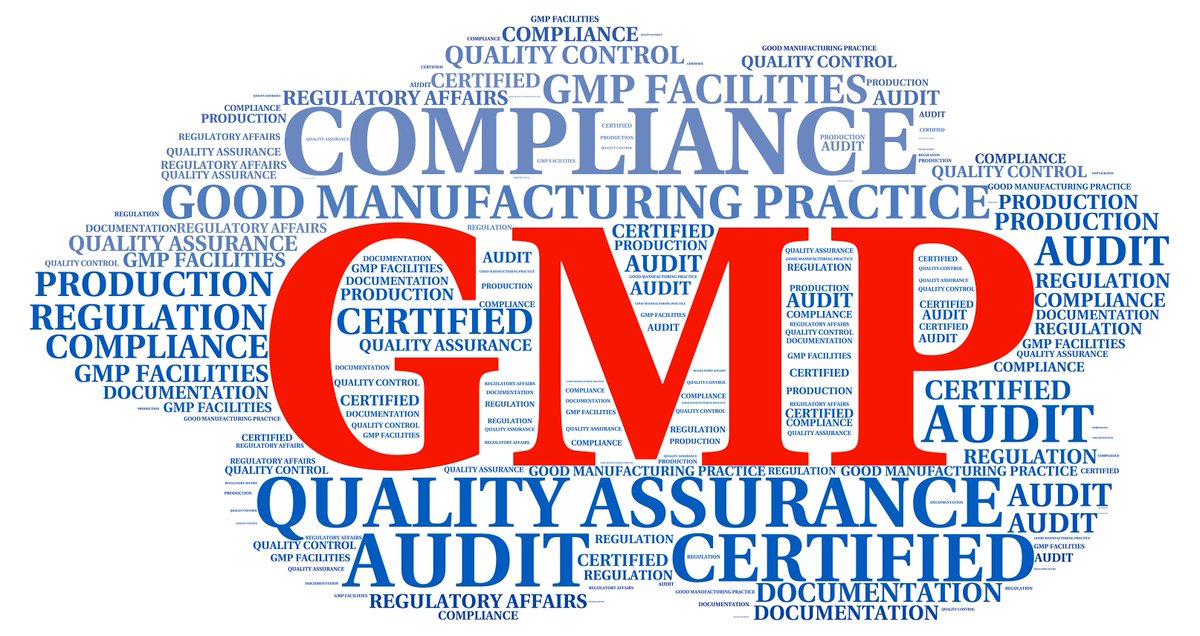
Investigators are backbone of clinical research, since they are the one responsible for providing interventions to research subjects and taking data of treatment response.
"Investigator means an individual who actually conducts a clinical investigation i.e. under whose immediate directions, investigation is conducted by a team of individuals. the investigator is the responsible leader of the team." (21 CFR 312.3)
sometimes investigator is called principle investigator when study being conducted by group of peoples and he is the team leader.
the statement of investigator form also called FDA FORM 1572, must be completed, signed and dated by principle investigator before study begins. the investigator submits it to sponsor and sponsor finally submitted to regulatory authority i.e. FDA.
here is the content of FDA form 1572:
- name and address of the investigator
- title of the protocol, including the IND number
- name and address of the facility where the research will be conducted
- name and address of any clinical laboratories that will be used
- name and address of IRB used to approve the study
- name of any sub investigator who will be associated with the study
- investigator commitment section
there is also a section of the form 1572 that lists responsibilities of investigators. these include a commitment by the investigator that he or she will:
- conduct the study according to the protocol
- comply with the regulations
- personally conduct or supervise the trial
- obtain informed consent from subjects
- report adverse events properly
- read and understand the material in the investigator brochure before stating the trial
- assure that others people assisting in the trial are aware of their obligations.
signing by investigator in form 1572 is a legal binding commitment has been made to conduct a study according to the regulation and constrains of the form 1572.
Form 1572 is enforced by food and drug administration US, and is confined to them. similar agreement happens at the time of clinical trial agreement (CTA) in rest of countries.

